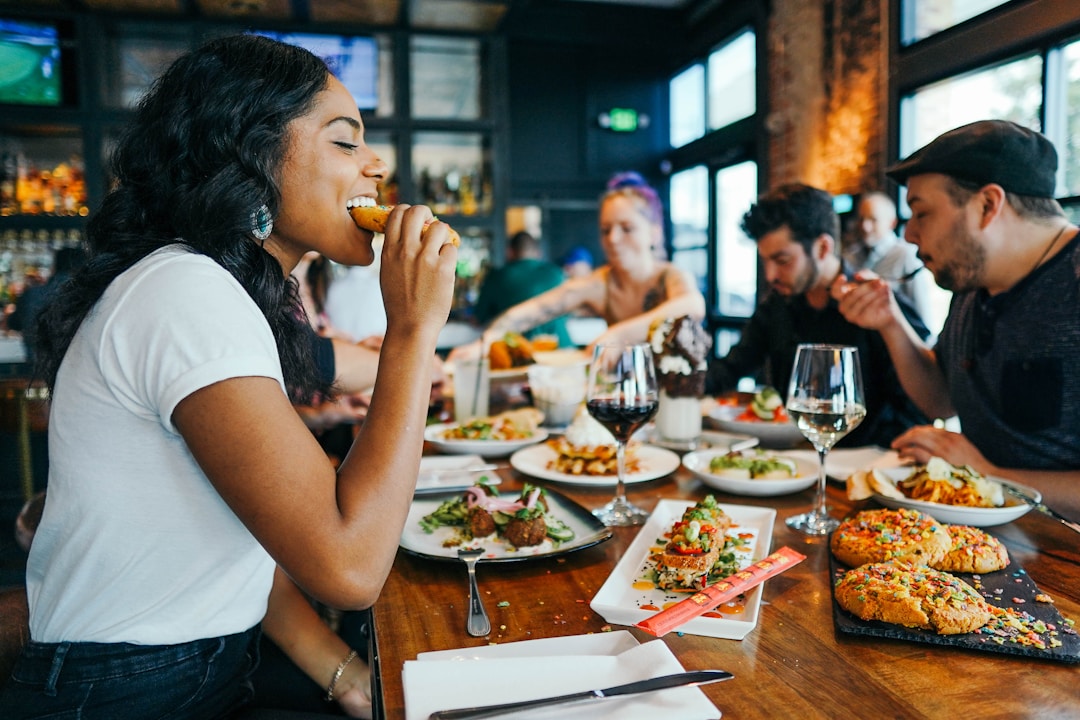Embarking on the journey of opening a restaurant can be both exciting and challenging. To ensure a successful venture, you need to take into account various factors that contribute to a thriving business. In this article, you will find many valuable tips that will guide you through the stages of opening a restaurant, from identifying the perfect location to establishing an excellent menu and building a dedicated team. If you need advice, keep reading to learn insightful information that will help you succeed in the competitive food industry.
Finding the Perfect Location

Location is often said to be the key to success in the restaurant business. The right location holds the potential to attract numerous customers and significantly boost revenue. Before choosing your restaurant’s site, you need to consider various factors such as demographics, foot traffic, accessibility, and visibility. Always prioritize high-trafficked areas, where people are more likely to come across your restaurant and feel enticed to visit.
Besides considering the external factors, it’s essential to evaluate the available space within your chosen location. A spacious interior is crucial, as it helps to accommodate a large clientele and provides ample room for operations. The layout should be adaptable to the specific needs of your business, ensuring a comfortable and welcoming atmosphere for your customers. Don’t forget to seek out assistance from professionals, such as Lighting and Electrical Supplies specialists, to ensure a well-lit and visually appealing ambiance.
Developing a Unique Menu
Your menu sets the tone for your restaurant and is a paramount aspect of attracting customers. To stand out from the competition, create a diverse, well-balanced, and innovative menu featuring high-quality ingredients and authentic flavors. Focus on offering dishes that will cater to various dietary preferences, such as vegetarian or gluten-free options, while ensuring that your menu is clear and concise. This will prevent confusion and make it easy for customers to choose their desired dishes.
Menu pricing is equally important. Your prices should reflect the restaurant’s identity and resonate with your target audience. Strive to strike a balance between affordability and profitability, without compromising on quality or service. Offering a range of alcoholic beverages alongside the menu can also enhance the dining experience and contribute to your profits. In addition to creating a captivating menu, invest in professional food photography to showcase your dishes in the best light.
Assembling a Dedicated Team

Employees are the backbone of your restaurant’s success. Hence, it’s vital to assemble a dedicated, competent, and passionate team right from the outset. Begin by clearly defining each staff member’s roles and responsibilities, ensuring a smooth workflow and a pleasant dining experience for your patrons. While hiring experienced personnel is always advantageous, you need to provide comprehensive training for all employees.
The training should include aspects such as food safety, customer service, and specific job duties. Additionally, foster open communication within the team and prioritize employee satisfaction to encourage motivation and commitment. Planning for periods of high demand, such as weekends or holidays, needs to be a priority too. You need to have sufficient staff on hand to handle the increased customer influx seamlessly. This will prevent burnout and maintain consistent service quality.
Implementing Effective Marketing Strategies

A successful restaurant relies on effective marketing to attract customers and garner brand recognition. Establish a strong online presence by creating an engaging website, maintaining active social media channels, and encouraging positive reviews on platforms like Google, Yelp, or TripAdvisor. Utilize various marketing tools such as local print advertising, email campaigns, and food bloggers or influencers to build credibility and increase your restaurant’s visibility.
Emphasize community engagement by participating in local events, sponsoring charities, or hosting special promotions relevant to your target audience. This will not only elevate your restaurant’s reputation but also foster stronger relationships with your customers. Don’t underestimate the power of word-of-mouth marketing. By ensuring impeccable customer service and consistently delivering exceptional food, your patrons will naturally become your biggest advocates.
As you can see, opening a restaurant requires a combination of strategic planning, dedication, and the ability to adapt to the ever-changing demands of the food industry. Though it does take hard work and effort, the rewards are well worth it, particularly if your goal is to become a restaurant owner. By following the tips outlined above, aspiring restaurateurs can turn their dreams into reality and emerge as successful in the competitive world of dining.



















